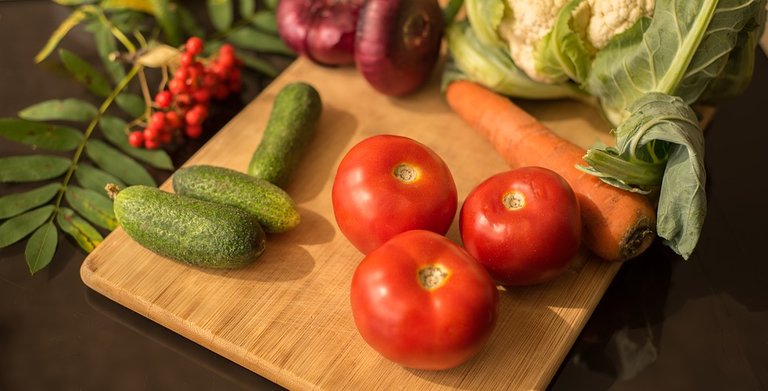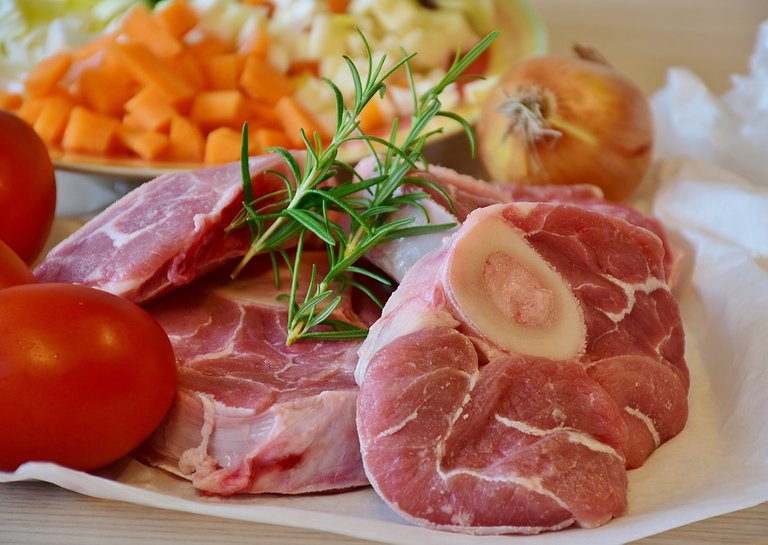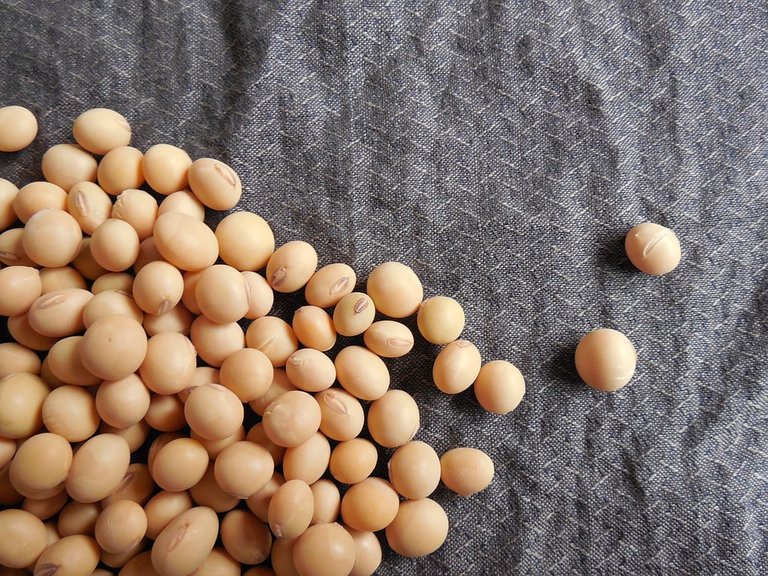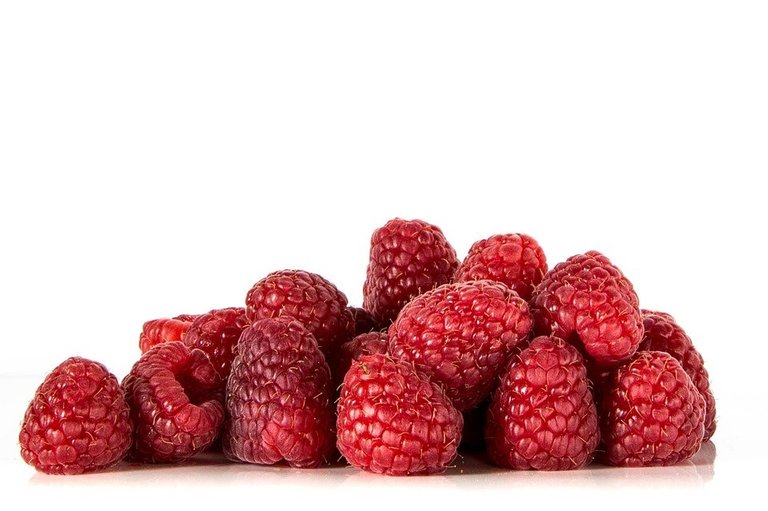Hello. I want to discuss a topic that interests me since 2014 after I got into the hands the cult book "The Chinese Study" by Colin Campbell, professor of the Department of Food Biochemistry at Cornell University.
So, the theme of this post is "Veganism: Pros and Cons".

Immediately make clear: the ethical side of the issue and ecology leave alone, we consider products exclusively in terms of nutritional value.
Protein, fat and all-all-everything
Essentially important components of food are macro- and micronutrients. In brackets I cite the components that are interesting for analysis.
- Proteins (essential and non-essential amino acids)
- Fats (mono- and polyunsaturated fatty acids, saturated fatty acids, cholesterol)
- Carbohydrates (simple, complex, fiber)
- Vitamins
- Minerals
And now let's consider the elements of the diet from point of view the content of said substances in them.
What's in the plate is good, but what's wrong in the plate?
Meat
✓For: a rich source of full amino acid profile
×Against: it is a rich source of saturated fatty acids and cholesterol, the use of which is recommended to minimize.

A couple of words about cholesterol: it is a substance contained in the cell membranes of all living organisms, with the exception of plants, fungi and non-nuclear ones. It is synthesized in the human body and can act from the outside, with food. Traditionally, it is divided into "bad" (LDL) and "good" (HDL).
A common problem is the elevated cholesterol level in general and the LDL in particular, which is associated with atherosclerosis. In 2004, Harvard scientists conducted a study published later in The New England Journal of Medicine; a part of the volunteers received standard treatment (average LDL level by the end - 95), and the other part - aggressive therapy to reduce LDL (average LDL level by the end - 62). In the second group, there were significantly fewer heart attacks and indications for bypass or angioplasty.
Of all the materials studied, I conclude that the intake of cholesterol from outside is not necessary for a human.
Dairy
✓For: a rich source of full amino acid profile
×Against: cholesterol, saturated fatty acids, hormones, lactose (which is not tolerated by some people).
Fish
✓For: a rich source of complete amino acid profile, a rich source of unsaturated fatty acids, in particular, omega-3
×Against: the presence of cholesterol (sometimes in less than meat), the presence of saturated fatty acids.

Eggs
✓For: a rich source of complete amino acid profile, a source of unsaturated fatty acids
×Against: the presence of cholesterol (much more than meat), the presence of saturated fatty acids.
Beans
✓For: a rich source of protein (with incomplete amino acid profiles), slowly assimilated carbohydrates, fiber
×Against: an unpleasant reaction from the gastrointestinal tract is possible (you yourself know which one :))
Cereals
✓For: a rich source of slowly digestible carbohydrates, as well as fiber
×Against: certain contraindications (for example, for people who are allergic to wheat).

Fruits and vegetables
✓For: source of digestible carbohydrates, fiber, vitamins and minerals
×Against: large amounts of simple carbohydrates in fruits. It is not a problem with moderate consumption.

Nuts and oils
✓For: source of protein, though not rich, given caloric content (nuts); source of mono- and polyunsaturated fatty acids
× Against: the presence of saturated fatty acids (in small amounts compared to unsaturated fatty acids)
Necessary? Really?
There is a list of essential nutrients. Vegetable sources can completely cover the human need for these substances, except for vitamin B12, which should be taken separately.
Yes, the vegetable protein is inferior in its amino acid composition, but this problem is solved by a combination of its various sources. In addition, useful unsaturated fatty acids predominate in vegetable fats.
And fiber. Vitamins. And no cholesterol. In short, the American Association of Dieticians approves. And even allows pregnant women and lactating.
The only problem in the competent diet planning. But this is not a problem for plants, but for those who eat them.
Resteemed and Share on Steemit Viral Facebook Page also on Steemit Viral Twitter and Steemit Viral Linkedin Group by @irfansardar
thx!
img credz: pixabay.com
Nice, you got a 4.0% @minnowbooster upgoat, thanks to @lokkie
Want a boost? Minnowbooster's got your back!
The @OriginalWorks bot has determined this post by @lokkie to be original material and upvoted(1.5%) it!
To call @OriginalWorks, simply reply to any post with @originalworks or !originalworks in your message!
Отличная статья. Но я лично не считаю, что от мяса надо отказываться совсем. Отварное иногда можно покушать))) Ну и куриные грудки, естественно))
спасибо!
согласна насчет "можно". Иногда и по чуть-чуть все можно. Если реально "чуть-чуть", а не как я - начинаю с одной конфетки, заканчиваю 300г халвы за раз =)
My sister and niece are vegetarians. I'm not there yet but I have cut down on meat. Trying to have a good balanced healthy diet! What would you recommend as a source of B12?
Multivitamins. No other way for people who dont eat animal products.
I guess the key is balance, much like anything else!
and a quantity.
I have not seen a single long-lived fat man of woman...
very nice food